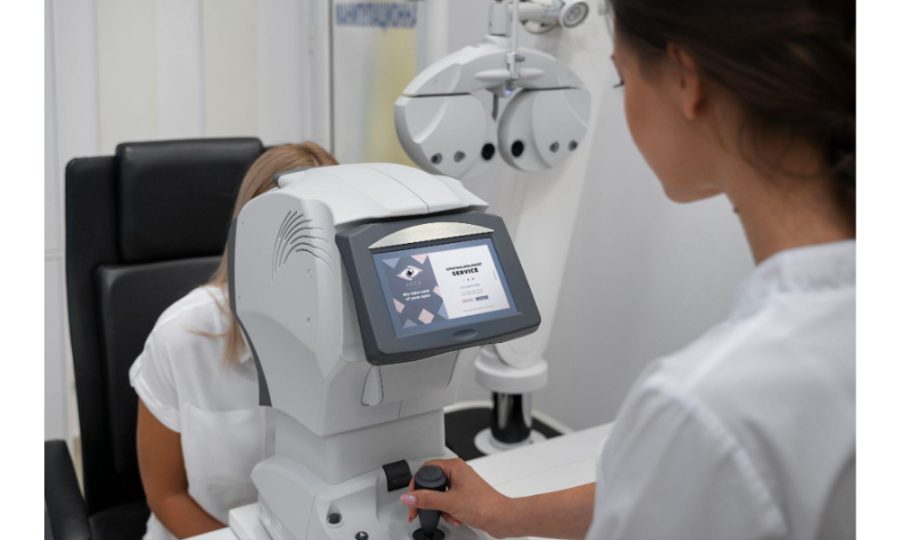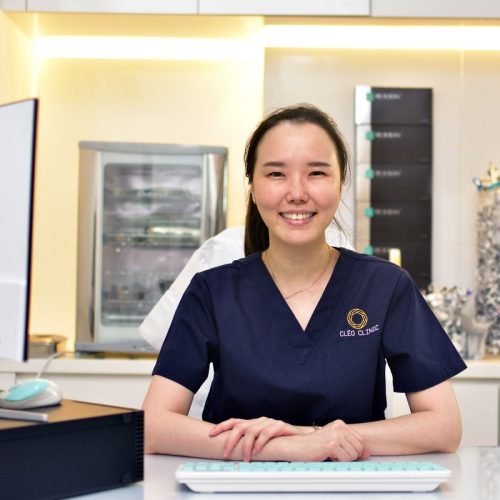Visiting an eye specialist clinic in Singapore for the first time can feel unfamiliar, especially for patients managing new vision issues. Understanding what to expect helps reduce anxiety and ensures that patients prepare properly for consultation, testing, or treatment. Clinics focus on structured processes to assess vision concerns, provide diagnoses, and recommend personalised care.
Initial Consultation and Medical History Review
Patients begin their visit at an eye clinic in Singapore with a registration process followed by a detailed review of their medical history. Specialists need a clear picture of overall health, existing conditions, and current medications, since many systemic illnesses directly affect vision. Sharing accurate information at this stage is essential for a precise diagnosis.
During consultation, an eye doctor asks questions about symptoms such as blurred vision, eye strain, or sudden vision loss. Patients experiencing a family history of eye conditions like glaucoma or macular degeneration can expect specific follow-up questions. Specialists also assess lifestyle habits, including screen usage and exposure to UV light, since these factors influence eye health.
This stage sets the foundation for a tailored treatment plan. Patients should prepare to disclose any relevant background honestly and thoroughly, as doing so allows the clinic to provide safe and effective recommendations.
Eye Examinations and Diagnostic Tests
Following consultation, patients undergo a series of eye examinations designed to evaluate vision quality and eye structure. An eye specialist clinic in Singapore typically uses advanced diagnostic equipment to detect issues early.
Basic assessments include visual acuity tests, colour vision checks, and refraction tests to determine the need for corrective lenses. Intraocular pressure tests help screen for glaucoma, while slit-lamp examinations allow specialists to view the eye in detail, checking for cataracts or corneal irregularities.
Specialised tests may follow if doctors suspect complex conditions. Retinal imaging, visual field testing, or optical coherence tomography gives specialists a comprehensive view of the retina and optic nerve. Patients should expect these tests to be painless, though some may involve temporary light sensitivity from dilating eye drops.
Such a detailed evaluation ensures accurate diagnosis, guiding the next steps in treatment. Patients often leave this stage with a clear explanation of their eye condition supported by test results.
Discussion of Treatment Options
After examinations, specialists explain findings and outline possible treatment paths. Depending on results, patients may be advised to consider glasses, contact lenses, medications, or surgery. Clinics encourage patients to ask questions, as clarity during this stage helps them make informed decisions about eye health.
For patients diagnosed with cataracts, cataract surgery in Singapore may be recommended. Specialists explain how the procedure works, recovery expectations, and risks involved. Other patients may require management plans for chronic conditions such as glaucoma or diabetic retinopathy. Treatment discussions focus on balancing effectiveness, safety, and convenience.
Specialists also provide lifestyle advice for maintaining healthy eyes. This may include recommendations on screen use, proper eye protection, or nutritional guidance. Patients gain not only a treatment plan but also preventive strategies that help preserve long-term vision.
Preparing for Procedures and Follow-up Care
Patients requiring surgical or procedural intervention receive detailed preparation instructions. For cataract surgery in Singapore, preparation may involve discontinuing certain medications, arranging transport after the procedure, and attending pre-operative assessments.
During this stage, clinics highlight the importance of follow-up visits. Post-operative care ensures recovery progresses smoothly and allows specialists to adjust medication or correct minor complications promptly. Patients should expect scheduled follow-up appointments in the days and weeks following procedures.
For those not requiring surgery, follow-up care often involves routine monitoring. Eye conditions can change gradually, so consistent check-ups allow specialists to track progress and update treatment as necessary. Patients play an active role in maintaining eye health by attending these appointments.
Conclusion
Understanding what happens during the first visit to an eye clinic in Singapore allows patients to approach their appointment with confidence. Clinics structure each step to gather accurate health data, conduct detailed eye examinations, and provide clear treatment guidance. Whether addressing common vision problems or preparing for cataract surgery in Singapore, patients receive structured care aimed at safeguarding long-term eye health.
Looking for a trusted eye specialist clinic in Singapore? Contact Nova Eye Centre today to book your consultation and receive professional care tailored to your vision needs.



